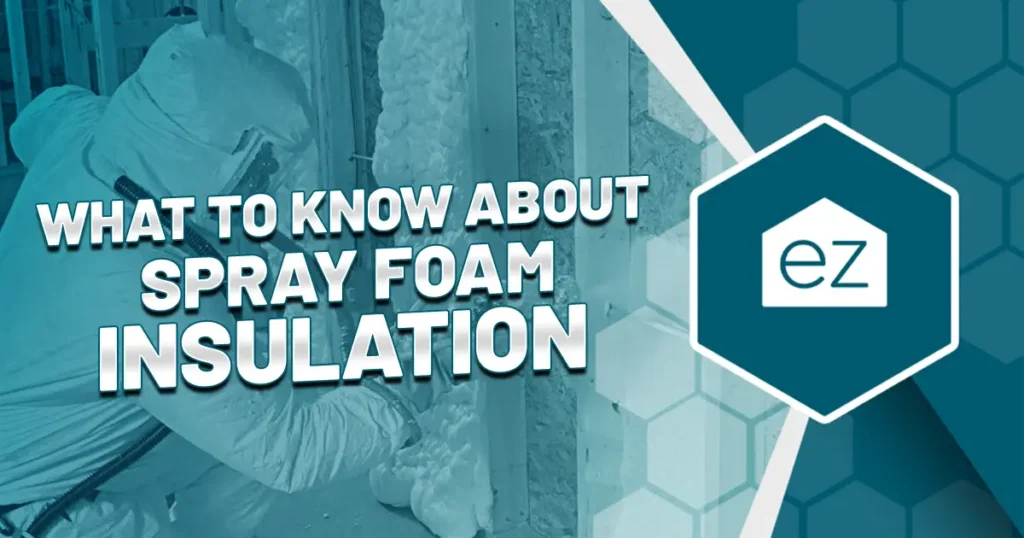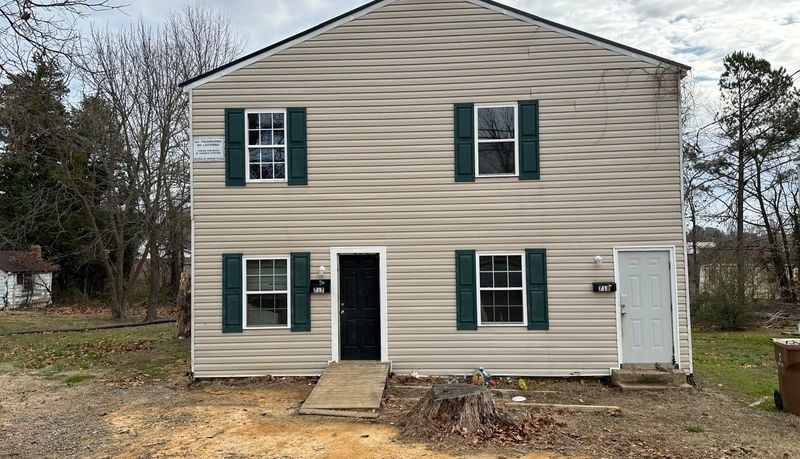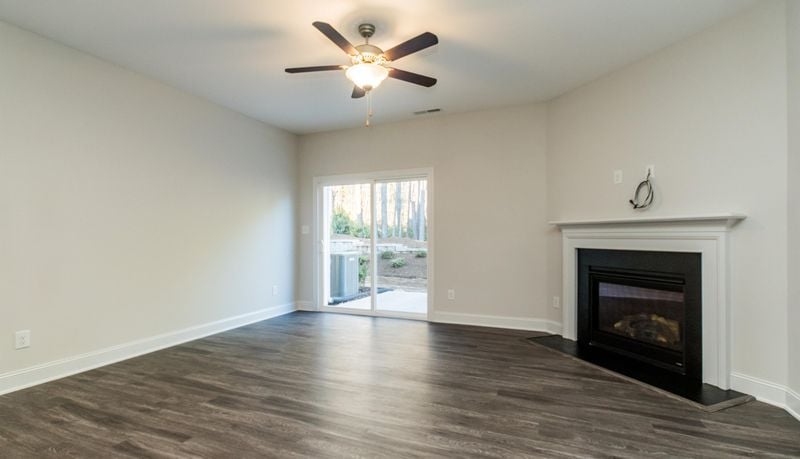Should You Buy & Use a Home Warranty?
 Home warranty services can be a good investment for new homeowners, especially if the sellers pay for the first year of coverage. Adding one is a common seller’s incentive in some markets, as it offers buyers protection that appliances and home systems will perform as expected during the first 12 months of ownership. That’s a big deal after you’ve placed down thousands to buy and move into the home.
Home warranty services can be a good investment for new homeowners, especially if the sellers pay for the first year of coverage. Adding one is a common seller’s incentive in some markets, as it offers buyers protection that appliances and home systems will perform as expected during the first 12 months of ownership. That’s a big deal after you’ve placed down thousands to buy and move into the home.
But buying a home warranty comes with some cautions. Home warranty services don’t offer apples-to-apple coverage across policies. Take the time to read the fine print before assuming any malfunction will be covered. In practice, home warranty companies do not actually sell warranties; instead, they provide discounted repair and replacement services to subscribers for a monthly or annual fee. For this reason, shopping for the most comprehensive coverage can be worth extra time and effort.
For informational purposes only. Always consult with a licensed real estate professional before proceeding with any real estate transaction.
Determine the Services You Need
Most home warranty companies sell alternative plans or can customize coverage services to meet a particular need. For the most complete coverage, look for a plan that specifies the response for the different home systems, including plumbing, electrical services, doorbells, ceiling fans, and smoke detectors.
Some companies sell separate policies for appliances, but most provide a quote for a combination plan that covers both.
In addition to the annual fee, get answers to some basic questions. By asking for details up front, you are less likely to be disappointed if and when you have to call for repair services. Carefully compare the answers before making a final selection. Also, learn if the home warranty company has a local representative or call center, or if service calls are routed to a regional or national response center. That impacts your customer service experience and response times.
Important Home Warranty Questions to Ask
- Is there existing coverage on the home?
- What exactly is included?
- Is the home warranty transferable?
- Is an annual contract required? Is there a monthly or quarterly payment plan?
- Is there a waiting period before coverage becomes effective? Some home warranty plans require waiting up to three months on a new policy before you can request repair service.
- How long is the typical response time following a call for service?
- Does coverage include the replacement of an appliance, or is it limited to repairing parts?
- What is the fee for each service call? Is there a limit to how many calls each year?
- Is there a total dollar limit on the policy per month, year, or incident?
- Are a freestanding range, refrigerator, washer and dryer, or a window air conditioner covered? Or is the plan only for built-in appliances and HVAC systems?
- In case of a plumbing leak or backup, is there coverage for personal belongings or flooring replacement?
Compare Terms and Costs
National home warranty companies add in specific services in some locations to be competitive in a particular market. Refrain from relying on previous home warranty experience in another location because services and management can vary from one region to another. Always check with local representatives if possible, request a copy of the contract, and read it thoroughly. Ask real estate agents, service companies, co-workers, and neighbors about their experiences.
When comparing home warranty plans, pay special attention to limitations on service, such as parts replacement but not appliance replacement. Some companies will replace parts that malfunction but will not agree to replace an older appliance if parts are unavailable. Other companies place a monetary value on replacement parts; the homeowner is liable if repairs exceed the limit.
Still, other home warranty companies have clauses that limit personal options in choosing replacement units. Remember that the more you know before you sign up for a home warranty plan, the better you will be protected when the need for service arises.
And make sure to distinguish what a home warranty covers from a homeowner’s insurance plan. Both have benefits for reducing the cost of owning a home.
For informational purposes only. Always consult with a licensed real estate professional before proceeding with any real estate transaction.
Updated March 2024
Start Your Home Search
Preston Guyton
Share this Post
Related Articles
Buying a Home
The Ultimate List of Every Home Loan
Buying a Home
Conforming Loan Limits: A Guide for Homebuyers
Buying a Home
What to Know About Termites In Your Home
Buying a Home





